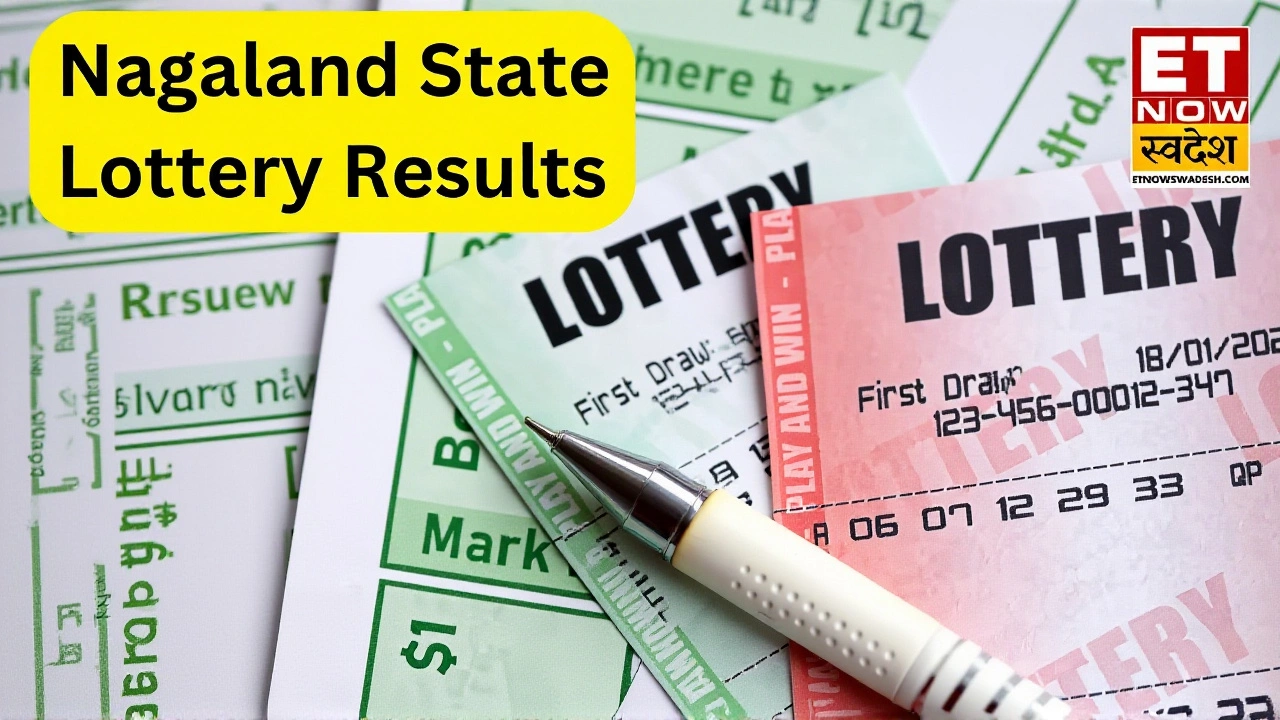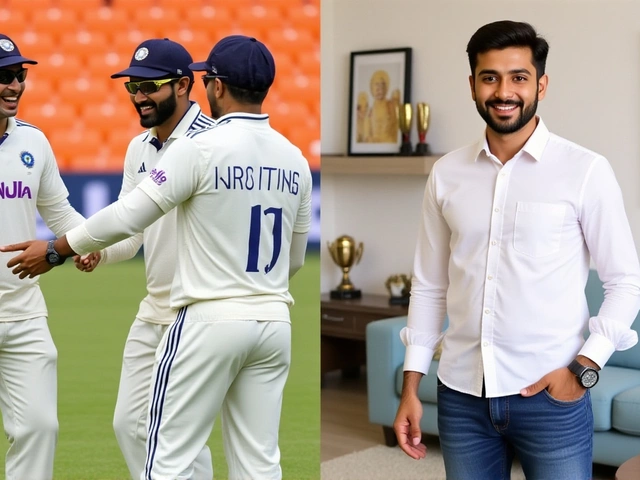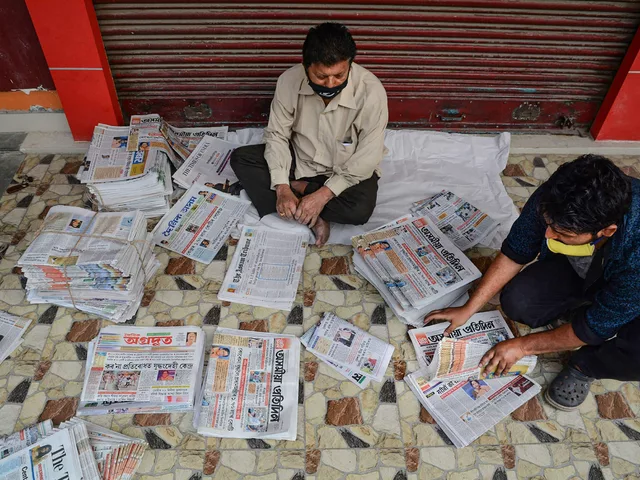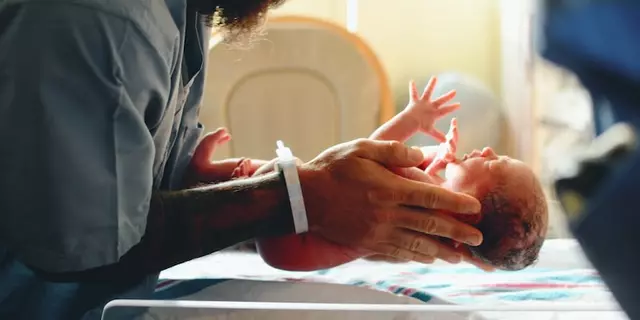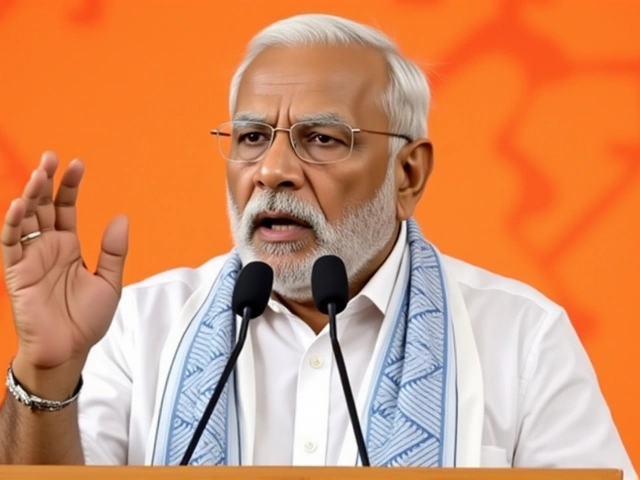A single ₹6 ticket turned into life-changing wealth when the Nagaland State Lottery Department declared the winner of the Dear Dwarka Monday Morning LotteryKohima on Monday, October 13, 2025, at 1:00 PM IST. The first prize—₹1 crore—was awarded to an unnamed winner, sparking quiet celebrations across rural and urban pockets of Northeast India. For many, this wasn’t just luck; it was hope made tangible. The draw, conducted live at the department’s headquarters in Kohima, was one of three daily lotteries run by the state government, each offering a shot at the same staggering jackpot.
How a ₹6 Ticket Changed Everything
It’s hard to overstate the impact of a ₹6 investment yielding ₹1 crore. That’s a 16.6 million percent return. For a daily wage worker in Dimapur or a small shopkeeper in Mokokchung, this isn’t just a windfall—it’s a mortgage paid off, a child’s education secured, a medical emergency averted. The prize structure was equally generous: second prize stood at ₹9,000, third at ₹450, and even the smallest consolation prize of ₹1,000 offered relief to dozens of ticket holders. Additional minor prizes between ₹120 and ₹500 ensured that over 10,000 people walked away with something that day.
What makes this lottery unique isn’t just the prize—it’s the accessibility. Unlike state-run casinos or digital betting platforms, the Nagaland State Lottery operates through physical paper tickets sold at kirana stores, roadside stalls, and even temple counters. There’s no app to download, no credit card needed. Just cash, a slip, and a prayer. This grassroots model is why the lottery thrives in areas where banking penetration remains low.
The Legal Backbone: Only 13 States Can Run Lotteries
Lotteries are legal in only 13 Indian states, and Nagaland is among the most active. Alongside West Bengal and Sikkim, it has built a reputation for reliability and high payouts. The Nagaland State Lottery Department has operated since the 1970s, long before online gambling became a national debate. Its legal standing is rooted in the Lotteries (Regulation) Act, 1998, which permits state governments to run lotteries as a source of non-tax revenue. In 2024, Nagaland reported over ₹320 crore in net proceeds from lottery sales—funding everything from rural health camps to school infrastructure.
But legality doesn’t mean absence of controversy. Critics argue that lotteries prey on the poor. Yet, data from the Nagaland government shows that 72% of ticket buyers earn less than ₹15,000 per month—not because they’re desperate, but because the cost is negligible. For many, it’s a weekly ritual, like buying tea or a newspaper. The Nagaland State Lottery Department has never advertised aggressively. Its marketing? Word of mouth, result boards outside post offices, and YouTube streams.
Where to Check Results—and How to Avoid Scams
After the 1 PM draw on October 13, results were uploaded to three official portals: www.nagalandlotteries.com, www.lotterysambad.com, and www.nagalandlotterysambad.com. The Nagaland State Lottery Department also streams live draws on YouTube under the channel Lottery Sambad Dear. But here’s the twist: the channel’s description clearly states, “This channel never asks you to buy tickets. Our channel is not in any way responsible.”
That’s critical. Fraudulent websites and WhatsApp groups have exploded in recent years, promising “guaranteed winning numbers” or “premium tickets” for ₹500 or more. The real tickets? Always ₹6. Always sold at authorized vendors. Always printed with a hologram and serial number. The Nagaland State Lottery Department advises buyers to check only official sources—and to never share personal details or payment screenshots with strangers claiming to be “lottery agents.”
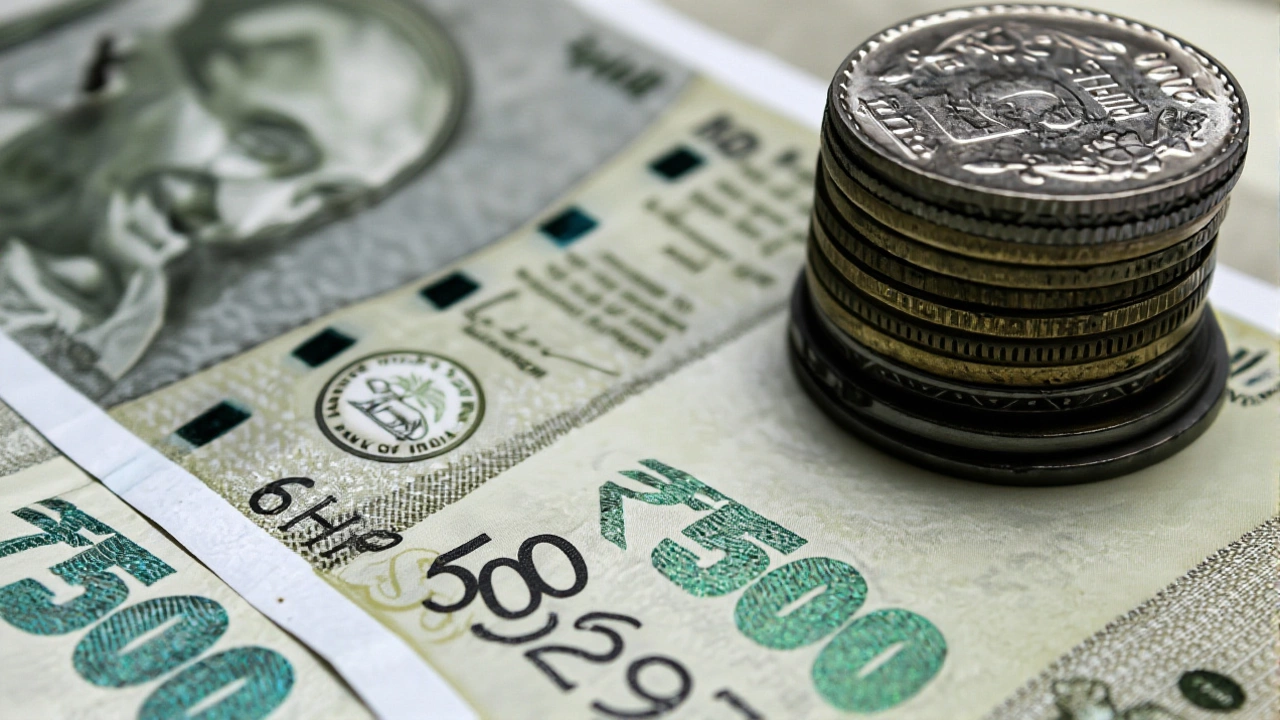
What’s Next? The Weekly Cycle Continues
Monday’s Dear Dwarka draw was just the start. The lottery’s schedule is a well-oiled machine: Tuesday brings Dear GODAVARI, Wednesday Dear KALI, Thursday Dear SHIV, Friday Dear LAKSHMI, Saturday Dear BHAGWAN, and Sunday Dear SATYA. Each has the same prize structure, each at 1 PM, 6 PM, and 8 PM. The names are cultural nods—Hindu deities and regional symbols—making the draws feel personal, almost spiritual, to many participants.
By Tuesday morning, October 14, the next draw was already underway. The Dear GODAVARI Tuesday LotteryKohima was announced with the same ₹1 crore top prize. No changes. No surprises. Just consistency.
Why This Matters Beyond the Prize Money
Behind every lottery ticket is a story. A mother hoping to send her daughter to college. A farmer paying off a loan after a failed monsoon. A widow covering her grandson’s school fees. The Nagaland State Lottery Department doesn’t market itself as charity. But in a country where social safety nets are uneven, it has become one—for millions.
And yet, the system remains under scrutiny. The Supreme Court has called for transparency. The Election Commission has warned against political misuse of lottery funds. But for now, the draws continue—live, loud, and unapologetically hopeful.
Frequently Asked Questions
How do I know if my Nagaland lottery ticket is a winner?
Always verify results on the official websites: www.nagalandlotteries.com, www.lotterysambad.com, or www.nagalandlotterysambad.com. The winning numbers are published within minutes of each draw. Never rely on WhatsApp forwards or third-party apps. Your ticket must match the full 6-digit number exactly, including the serial code printed at the bottom. Winners have 90 days to claim prizes at district lottery offices.
Is the Nagaland State Lottery legal in other states?
Yes. While only 13 Indian states permit lotteries, tickets from Nagaland, Sikkim, and West Bengal can be legally purchased and claimed anywhere in India. However, selling tickets outside these states is prohibited under the Lotteries (Regulation) Act, 1998. So if you’re in Maharashtra or Punjab, you can buy a Nagaland ticket—but not sell one. Enforcement varies, but claims are honored nationwide.
What happens if I lose my physical lottery ticket?
Unfortunately, the Nagaland State Lottery does not issue digital copies or retain buyer records. The physical ticket is the only proof of purchase. If lost, stolen, or damaged, there is no way to claim the prize. This is why winners are advised to sign the back of the ticket immediately and store it securely. Some people photograph their tickets—but only the original with the hologram and serial code is valid for claims.
Are the lottery draws truly random and fair?
Yes. The draws are conducted live in Kohima before a panel of government officials, media representatives, and independent auditors. Ball machines are inspected before each draw, and results are certified by the Director of Lotteries. The process is recorded and archived. While rumors of manipulation persist, no credible evidence has ever been presented. The consistent payout history and public transparency make fraud highly unlikely.
Can I claim the prize anonymously?
No. To prevent fraud and ensure tax compliance, winners must appear in person at the Nagaland State Lottery office in Kohima with original ID and ticket. The department requires full name, address, PAN number, and bank details. While media coverage is optional, the winner’s identity becomes public record upon claim. This policy protects the integrity of the system and prevents duplicate claims.
What’s the difference between Dear Dwarka, Dear GODAVARI, and other daily draws?
Nothing, structurally. All daily draws—whether Dear Dwarka, Dear KALI, or Dear SATYA—have identical prize tiers: ₹1 crore for first, ₹9,000 for second, and so on. The names are cultural and thematic, often tied to Hindu deities or regional traditions, to create familiarity and emotional connection. The draw mechanics, timing, and verification process are exactly the same. It’s branding, not structure.
